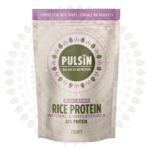

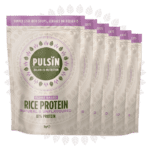

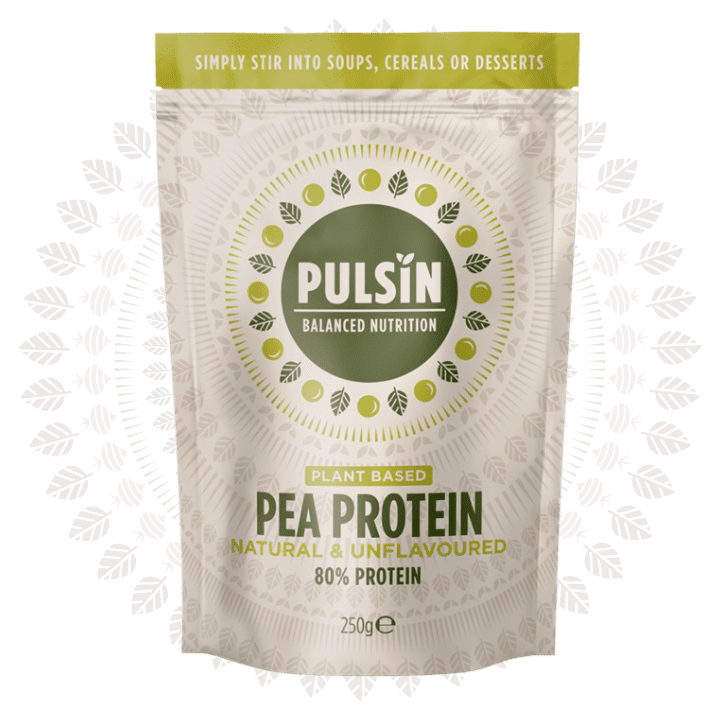
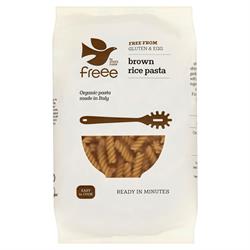
Pulsin Rice Protein
£9.99 Original price was: £9.99.£8.95Current price is: £8.95.
Out of stock
Email when stock available
Rice Protein
Pulsin Rice protein is a plant-based protein derived from rice grains, typically brown rice. It offers several potential health benefits and is commonly used as a dietary supplement, especially by individuals following vegetarian, vegan, or plant-based diets. Here are some benefits associated with rice-protein:
1. **Complete Protein Source:** While rice-protein is not considered a complete protein on its own because it lacks sufficient levels of certain essential amino acids, such as lysine, it can be combined with other plant-based protein sources to create a complete protein. When paired with complementary proteins like beans, legumes, or peas, rice protein provides all nine essential amino acids required by the body.
2. **Muscle Growth and Repair:** Rice-protein is rich in branched-chain amino acids (BCAAs), particularly leucine, which play a crucial role in muscle protein synthesis and repair. Consuming rice protein post-workout can help support muscle recovery, promote muscle growth, and improve athletic performance.
3. **Easy Digestibility:** Rice-protein is easily digestible and well-tolerated by most individuals, including those with sensitive stomachs or digestive issues. It is naturally free from common allergens such as dairy, soy, gluten, and nuts, making it suitable for individuals with food allergies or intolerances.
4. **Hypoallergenic:** Rice protein is hypoallergenic and rarely triggers allergic reactions, making it a safe and alternative protein source for individuals with food allergies or sensitivities to common allergens like dairy, soy, and nuts.
5. **Low in FODMAPs:** FODMAPs (fermentable oligosaccharides, disaccharides, monosaccharides, and polyols) are a group of carbohydrates that can cause digestive discomfort in some individuals, particularly those with irritable bowel syndrome (IBS) or other gastrointestinal disorders. Rice-protein is low in FODMAPs, making it suitable for individuals following a low-FODMAP diet.
6. **Weight Management:** Rice protein is low in fat and carbohydrates while being high in protein, making it a satiating option for those looking to manage their weight. Protein helps increase feelings of fullness and reduce appetite, which may aid in weight loss or weight maintenance by preventing overeating.
7. **Heart Health:** Rice protein is cholesterol-free and low in saturated fat, making it heart-healthy compared to animal-based protein sources.
Regular consumption of rice-protein may help lower LDL (bad) cholesterol levels and reduce the risk of cardiovascular diseases such as heart disease and stroke.
8. **Environmental Sustainability:** Rice-protein production typically has a lower environmental impact compared to animal-based protein sources like beef or dairy.
Choosing rice-protein over animal protein can help reduce greenhouse gas emissions, water usage, and land degradation associated with livestock farming.
9. **Versatility:** Rice-protein powder is versatile and can be easily incorporated into a variety of recipes and beverages, including smoothies, protein shakes, baked goods, soups, and sauces predator. It provides a convenient way to boost protein intake and meet daily nutritional needs.
Overall, rice protein is a valuable plant-based protein source that offers numerous health benefits and is suitable for individuals with dietary restrictions or preferences.
As with any dietary supplement, it’s essential to choose high-quality rice protein products and consume them as part of a varied and balanced diet.

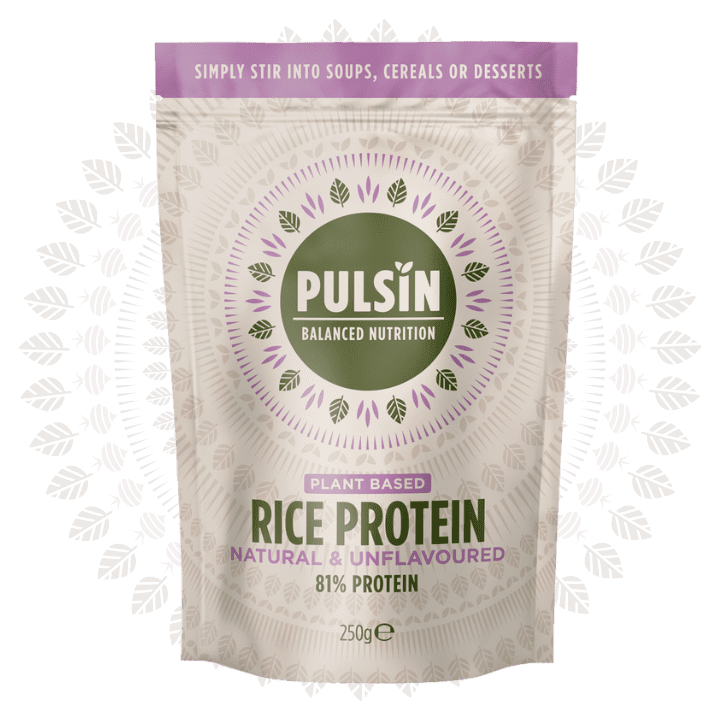
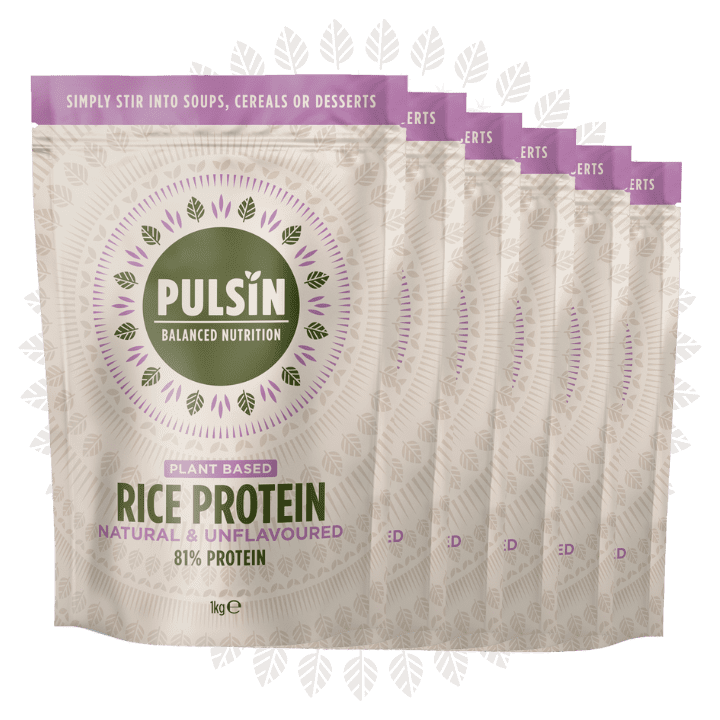




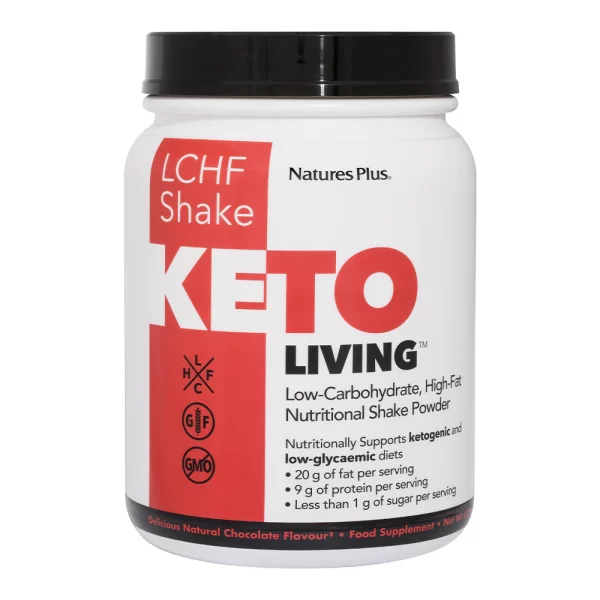
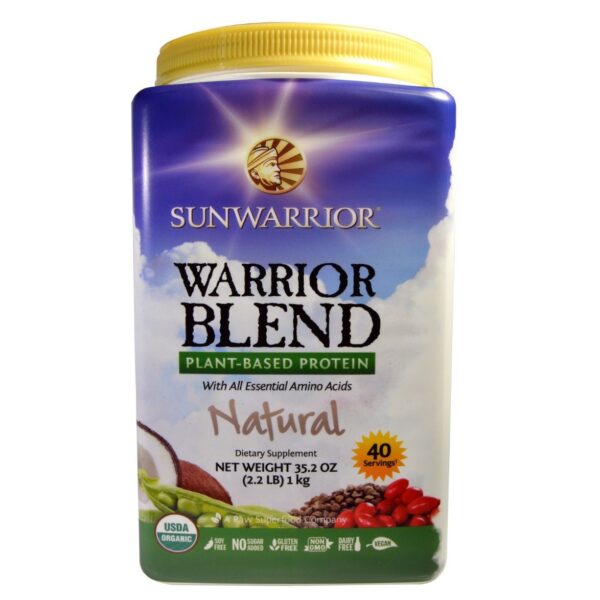
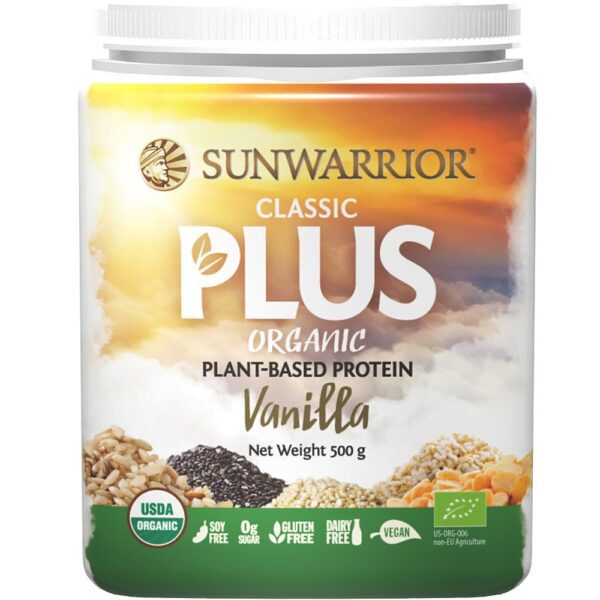
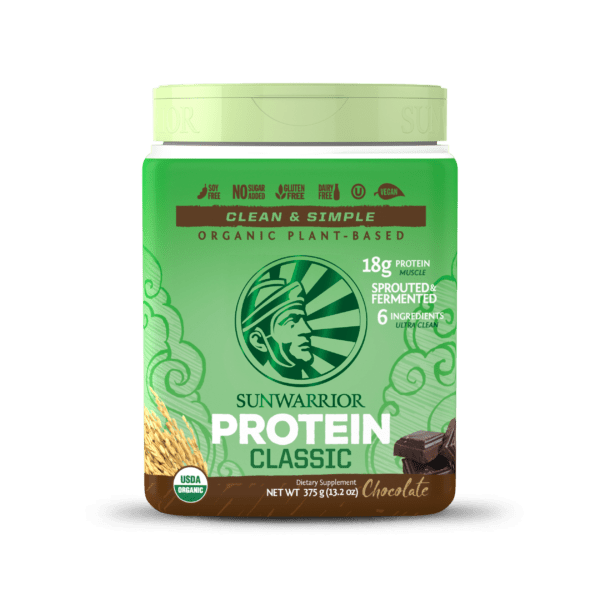






Reviews
There are no reviews yet.